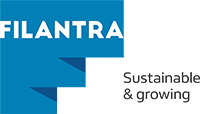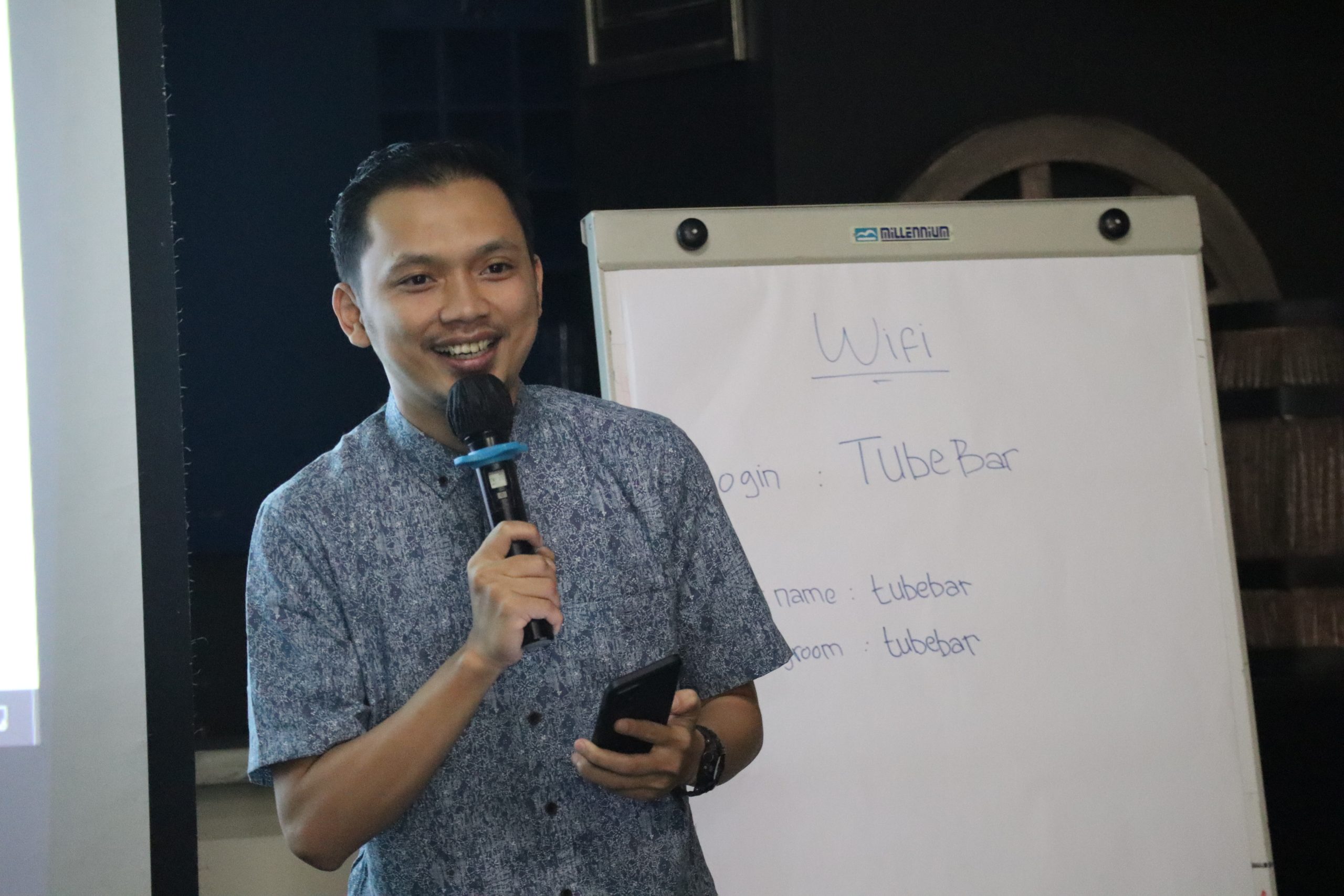Social Return on Investment (SROI) is an effective and understandable measurement tool for everyone to assess impact, returns, benefits, or value within today’s societal environment. This measurement can be used by anyone to evaluate the impact on stakeholders, identify ways to improve performance, and enhance investment effectiveness. This technique requires the involvement of all relevant stakeholders in a plan or program to determine priorities and implementation strategies.
In Bandung Regency, PT Geo Dipa Energi (Persero), through Filantra, provided support to food MSMEs (Micro, Small, and Medium Enterprises) in the form of training and business mentoring to improve business management quality, production capacity, and marketing, with the ultimate goal of adding value to local food businesses and increasing household income in three villages surrounding the Patuha Unit 2 Geothermal Power Plant Project (PLTP Patuha Unit 2).
To ensure that the support provided meets the needs and effectively improves business quality, an integrated assessment was conducted for the development of local food MSMEs in the villages surrounding the PLTP Patuha Unit 2 project.
The MSME development activities carried out from March to June 2022 involved 33 owners or managers of food MSMEs across three locations: three villages in three districts Alamendah Village (Rancabali District), Panundaan Village (Ciwidey District), and Sugihmukti Village (Pasirjambu District).
This assessment was prepared using the SROI methodology developed by Filantra, referring to the guidelines published by Social Value UK (2012), and leveraging various existing reporting practices such as social accounting, impact assessment, and sustainability reporting guidelines. The information in this assessment was obtained from the CUFA project plan, performance reports, and quarterly monitoring reports, and broadly involved stakeholders as sources.
The SROI calculation results may differ from findings and analyses conducted in the future due to various factors, such as limited data, the timeframe during data collection, or changes in conditions after the observations.
In July 2022, PT Geo Dipa Energi (Persero) and Filantra conducted an assessment to calculate the potential return value of the local food MSME development program around the Patuha Geothermal Working Area (WKP PLTP Patuha Unit 2) as part of the program development planning. The return value is expressed in rupiah and ratios. This return value assessment refers to the seven core principles of SROI to ensure the consistency and credibility of the values established.
Additionally, the social return calculation refers to the logical framework (logframe), particularly the outcome or results of activities namely, the increase in business product sales. In this assessment, data were obtained through Focus Group Discussions (FGD) and interviews.
Regardless of the approach used, there are three important steps in stakeholder analysis:
- Identifying stakeholders and their interests,
- Assessing the influence, importance, and level of impact of each stakeholder,
- Identifying the best ways to involve stakeholders.
From interviews and observations, it was concluded that the income of the mentored MSMEs increased. In March 2022, the total income of mentored MSMEs was Rp118,418,600, and in June 2022, it increased to Rp150,699,500, a rise of Rp32,280,900 (27%), or an average of 7% per month.
The results of the social return study on the training and mentoring activities for food MSMEs in the three villages around PLTP Patuha 2 show that the program generated positive economic value.
The economic benefit value generated over five years from the training and mentoring activities is estimated at Rp947,830,290.74, which is equivalent to a Social Return on Investment (SROI) of 3.79 times, while the net impact value is Rp697,830,290.74, equivalent to a Net Return on Social Investment of 2.79 times, with a payback period in the 16th month.
According to the SROI calculation, the training and mentoring program had a positive impact on the relevant stakeholders, particularly the MSME managers. The SROI ratio obtained from this program is 1:3.79, meaning that for every Rp1.00 invested by the company, a social return of Rp3.79 was generated.
The distribution of the social return created was enjoyed by:
- MSME managers: 93.7%,
- Tourism village managers: 4.7%,
- Rest area managers: 1.6%.
Based on these results, MSME managers were the main beneficiaries, followed by tourism village managers and rest area managers. Other stakeholders such as village governments, village-owned enterprises (BUMDes), and the Bandung Regency Government — which were not directly involved in the program became stakeholders that received relatively little impact.

